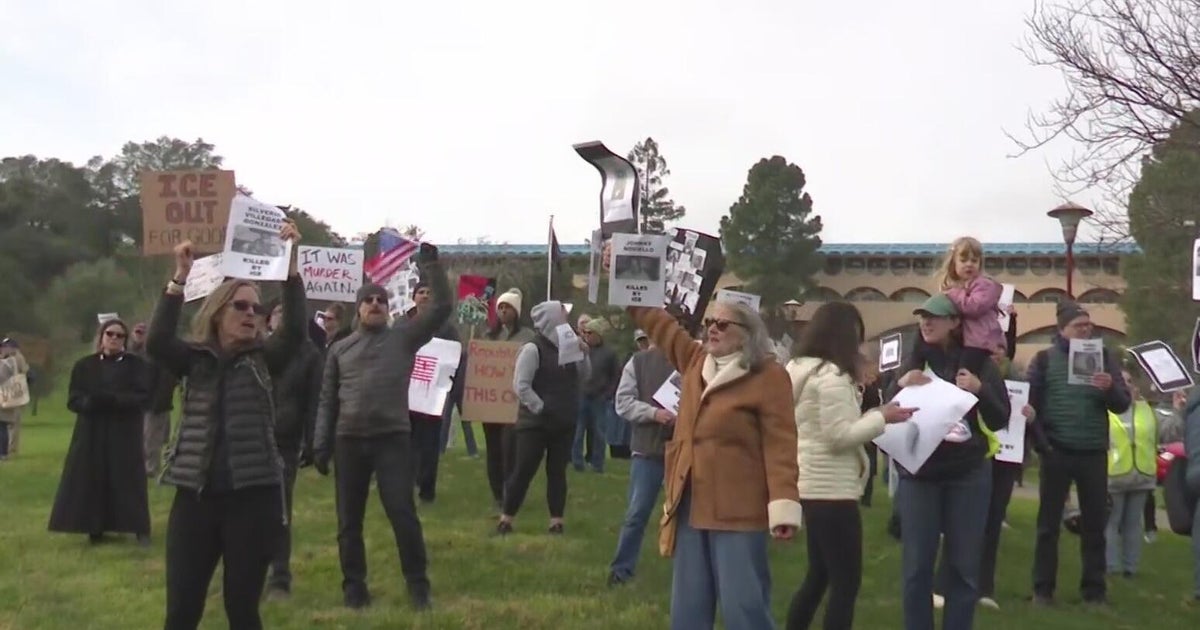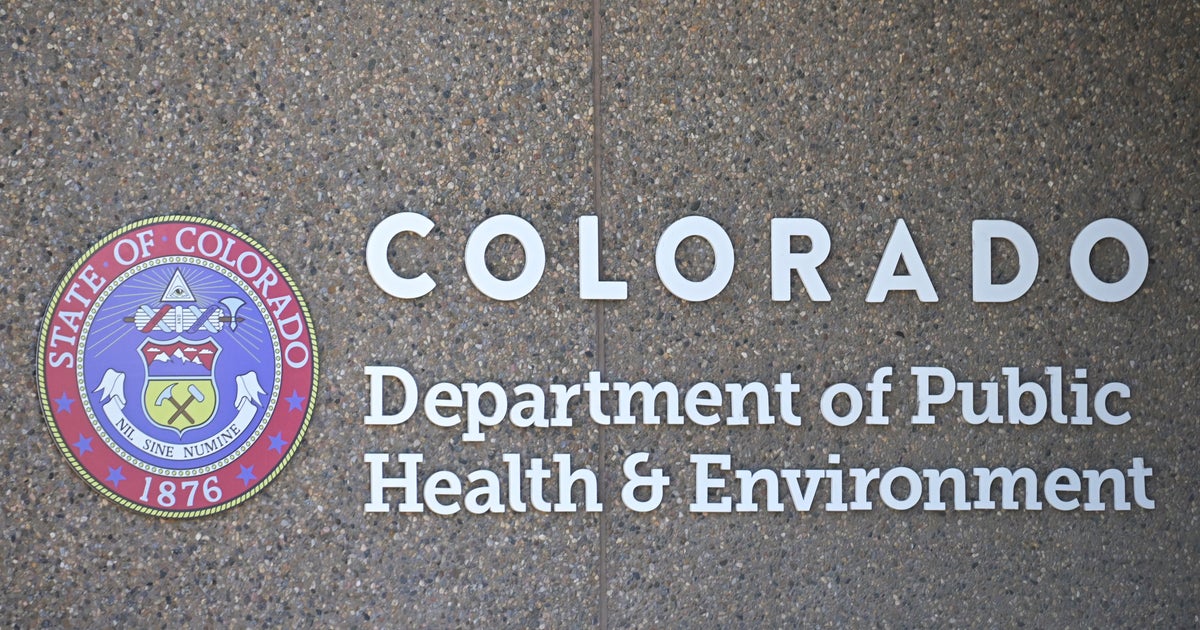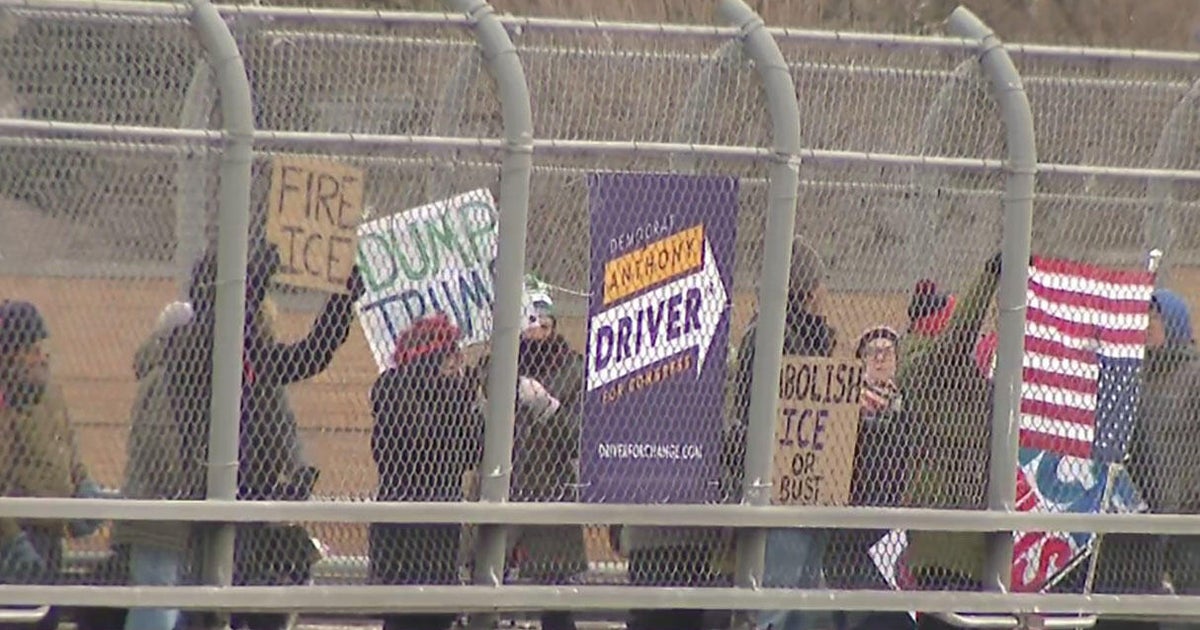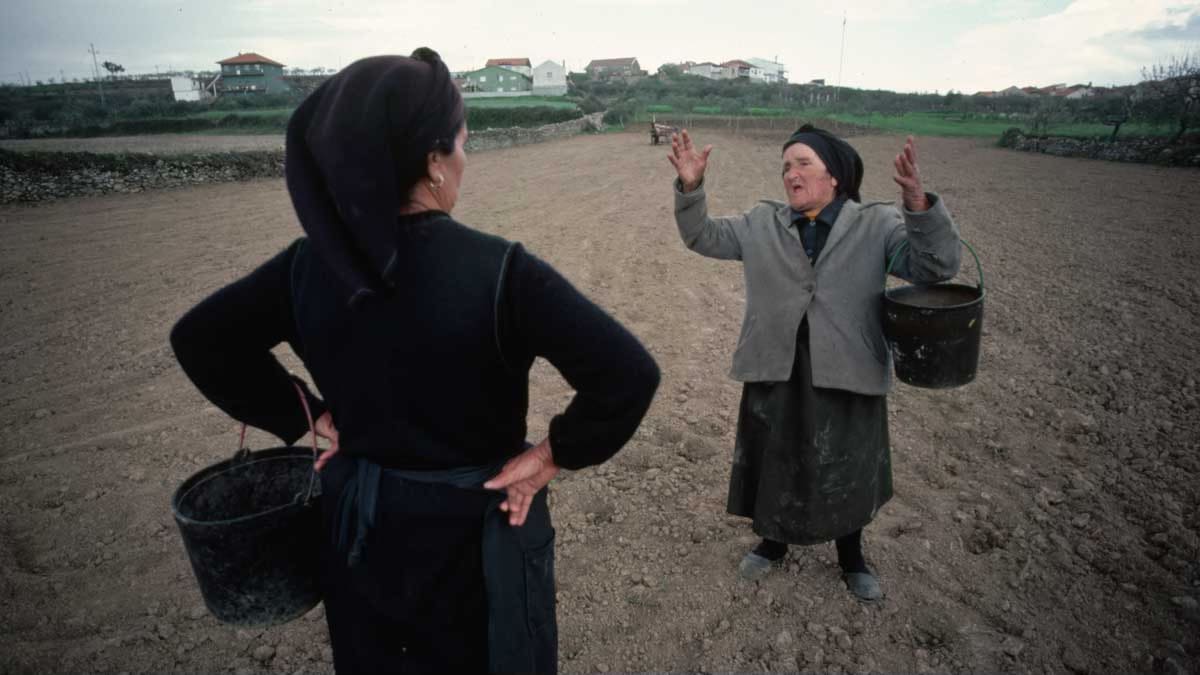U.S. offers flu shots to migrants in border custody, reversing long-standing policy
For the first time in its history, the U.S. government is offering flu vaccines to migrants in federal custody along the southern border, reversing a long-standing policy decried by public health experts, the top doctor at the Department of Homeland Security (DHS) told CBS News.
Since Sept. 28, when DHS started the influenza vaccination effort, more than 24,000 migrant adults and children have received a flu shot while in the custody of Customs and Border Protection (CBP), which processes unauthorized migrants and asylum-seekers, according to unpublished government data.
Public health experts have long called on U.S. border officials to offer flu vaccination to migrants, a demand that intensified during the Trump administration, when three migrant children died in federal custody due to influenza-related infections. At the time, the Trump administration rejected recommendations to vaccinate migrants in CBP custody, arguing the proposal was not operationally feasible.
The Biden administration, however, determined that offering flu vaccines to those in CBP custody was a "basic step" to "protect multiple communities at once," including migrants, Border Patrol agents and American communities, Dr. Pritesh Gandhi, the chief medical officer at DHS, said in an interview.
"For us, this was just a logistical challenge. But the public health and clinical rationale was evident from day one," Gandhi said, noting that CBP is administering an average of 1,000 flu shots to migrants per day.
Under former President Donald Trump, CBP defended the policy of not offering flu vaccines, arguing that migrants were not supposed to be held beyond 72 hours by Border Patrol, which detains migrants in jail-like stations and tent facilities before deporting them, releasing them or transferring them to another agency.
But public health experts have noted that migrants are often detained in Border Patrol facilities beyond that limit, and the sites routinely become overcrowded during sharp increases in illegal crossings, an environment that facilitates the spread of contagious diseases.
Gandhi said there's a public health imperative to vaccinate migrants early on in the immigration process to prevent "downstream flu transmission."
"We are reducing the burden on local hospitals and communities. We are ensuring that interior American communities stay safe and healthy. And we are ensuring that noncitizens who enter the United States are also safe and healthy and protected from the flu," Gandhi said.
The Centers for Disease and Control and Prevention (CDC) estimates that flu infections caused 100,000 hospitalizations and 5,000 deaths in the U.S. during the 2020 to 2021 influenza season. Flu season in the U.S. typically begins in October and peaks between December and February, according to the CDC.
The flu vaccine effort is the latest vaccination campaign the Biden administration has launched for migrants in federal custody. Since March, CBP has administered more than 173,000 COVID-19 vaccines to migrants processed along the U.S.-Mexico border, including nearly 20,000 eligible children, government data show.
CBP has been offering COVID-19 and flu shots to migrant adults and children who qualify for the vaccines under CDC guidelines and who are not processed under Title 42, a policy that allows border agents to expel migrants without an asylum interview, DHS officials said.
While both the Trump and Biden administrations have said Title 42 is designed to reduce COVID-19 outbreaks, top public health experts at the CDC, which authorized the expulsions, have said the policy was not supported by scientific evidence.
Immigration and Customs Enforcement (ICE), which detains migrant adults in long-term detention centers, and the Department of Health and Human Services (HHS), which houses unaccompanied migrant children in shelters, have been offering COVID-19 vaccines to eligible migrants in their custody since last year.
As of Oct. 2, HHS had vaccinated 96,004 migrant children against COVID-19, including 40,962 unaccompanied minors who received two doses, agency data show. Meanwhile, 66,580 immigrant adults had elected to receive COVID-19 vaccinations while in ICE custody as of Sept. 30, according to agency figures.
HHS and ICE have also been offering flu vaccines to migrants in their custody for years.
Joshua Sharfstein, a professor at the Bloomberg School of Public Health at Johns Hopkins and a former principal deputy commissioner of the Food and Drug Administration, praised CBP's decision to offer flu shots to those in its custody, saying it will reduce the risk of migrants getting ill.
Because CBP detains migrants in congregate settings that are at higher risk for disease outbreaks, Sharfstein said, "there's an extra responsibility to protect them."
"These are not theoretical risks. There are children who died from flu whose lives might have been saved if the environment had less flu in it," Sharfstein said. "There will be people who are particularly susceptible. People with cancer migrate. People with immune deficiencies migrate."






